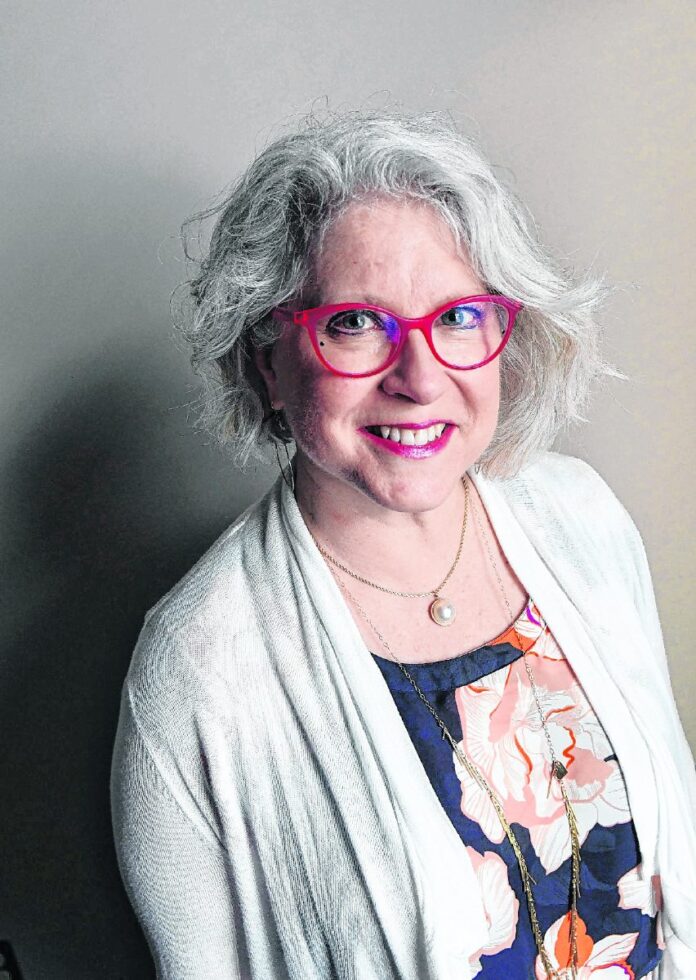The black woman filling out her application at the swanky restaurant where I worked in Jackson didn’t stand a chance at waiting tables there. 317 East Capitol catered to Mississippi state legislators. The front-of-the-house staff was mostly college-educated, solidly middle-class, and all-white. I worked there, in part, because I had white privilege.
The New Orleans police officers that voluntarily led my white friend and I to the Interstate on-ramp in the middle of the night were “saving our lives.” We were lost in what could’ve been the Ninth Ward. Speeding to “safety,” we appreciated our whiteness. I doubt Blacks have ever been led from white neighborhoods to safety. But they’ve been killed for being in them and “looking suspicious.”
Shortly after moving to Greenfield, I was warned about the “dangers” of shopping at the Washington Square Target or going to the AMC Theater there. Black people are the majority of shoppers there, and this made some in my circle uncomfortable. This is fear of the other and a nascent form of racism.
As an adult, in an effort to see things from the Black perspective, I’ve spent some years examining my knee-jerk racism and prejudices. I used to lock my car door if I saw a Black man walking nearby. I sometimes am surprised to see a prominent Black person disseminating knowledge on the news, thinking the voice is coming from a white expert before looking at the screen. I am not proud of these moments and acknowledge I have a long way to go to shelve my biases. To grow my empathy and understanding, I’ve been reading fiction and non-fiction by Black writers.
Unless America admits its racial biases, our racial tensions will never heal. Racism takes forms we can easily recognize — active racism — which the police killings of unarmed Black men represent. Racism also exists as “embedded forms, which as a member of the dominant group one is taught not to see.” (From Peggy McIntosh, from The National Seed Project). This is reflected in comments by the president of the Board of Supervisors of Lowndes County, Mississippi (quoted here from USA Today online via the Mississippi Clarion Ledger):
“’Are the Japanese all upset about (being put in concentration camps during WWII), burning stuff down and all that? No, they’ve (been) assimilated into the country and they are doing fine. The only ones that are having the problems, guess who? The African-Americans.’”
Harry Sanders may not consider himself a racist even while making comments such as these. This is embedded racism. This is the kind of racism that keeps Black people from getting the same opportunities as whites, that accounts for Blacks’ higher arrest and school expulsion rates, for the idea that if they would only “pull themselves up by their bootstraps,” they could be equal to whites. But what if they don’t have the bootstraps?
McIntosh also says, “Whites are taught to think of their lives as morally neutral, normative, and average, and also ideal, so that when we work to benefit others, this is seen as work which will allow ‘them’ to be more like ‘us.’”
To examine these ideas, the League of Women Voters of Hancock County invites you to join us for community conversations about institutional bias (embedded racism), the criminal justice system in our communities, and Black Lives Matter and Hancock County. Please stay tuned while we plan for these conversations. Our goal is to provide opportunity for civil discourse, raise awareness, educate ourselves, and become better as a community.
In addition to the Daily Reporter, we are seeking other community partners. Contact the LWVHC if your organization wants to be part of the solution. The email address is [email protected].
Donna Steele is a civic leader who advocates for informed citizen participation, transparent representation, and government accountability.





